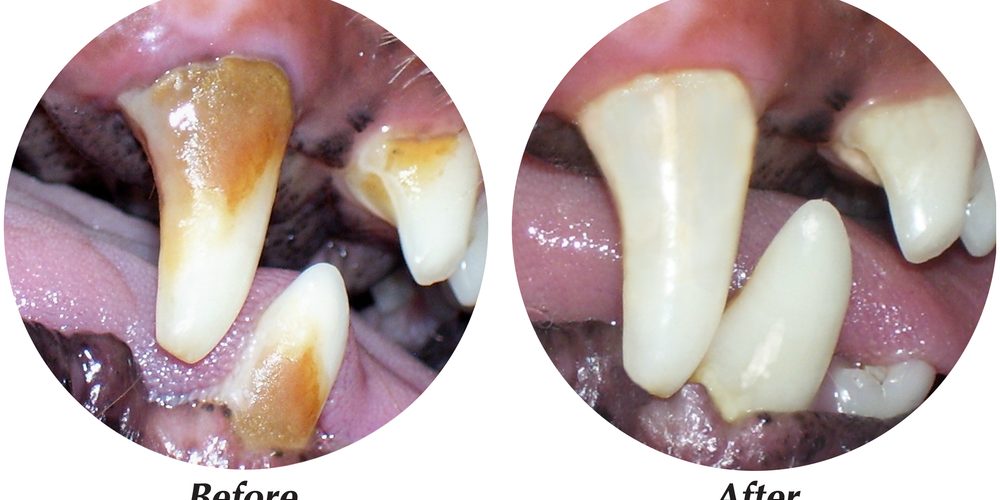“Helping you protect your pets”

Hot August Dental Special
10% off dental cleanings!
Help for the Sound Sensitive Pet
Fireworks, thunderstorms, and other loud noises can be distressing for pets. These sounds are more noticeable during the summer months when humans and pets spend more time outdoors. If your pet displays the following behaviors: shaking, excessive panting, separation anxiety, hiding, not eating, or in extreme cases, diarrhea, vomiting, or inappropriate urination, please call the clinic for an appointment. We can help make your pet more relaxed with a prescription sedative. When your pet is relaxed, everyone can enjoy the holiday!
Heat Exhaustion
Summertime’s sunny days and soaring temperatures can be difficult for the family pet if precautions are not taken. Providing plenty of fresh water and adequate shade is important, and never leave dogs or cats unattended in a car. Pets that are over-weight, geriatric, or a short-faced breed (Boxer, Bulldog, Boston Terrier, Pug, etc.), are predisposed to suffering heat stroke. The prognosis for heat stroke is extremely variable depending on how high the pet’s core body temperature becomes and the various effects of that high temperature. Excessive panting, drooling, listlessness, muscle tremors, vomiting, diarrhea, and poor balance are all signs of heat exhaustion, which can lead to heat stroke. Heat stroke can cause collapse, loss of consciousness, seizures, and may be fatal. If your pet shows any of the above signs, visit your veterinarian immediately.
Cheat Awn Migration
Cheat grass is a common plant that can create problems for pets. The seeds, also known as awns or fox tails, are stiff and contain tiny barbs meant to attach and migrate into the ground. Your animal may encounter these seeds when running in an open field or dried grass. The fox tails can attach to your animal’s hair and enter the skin, usually in an area of a fold or crease, and migrate, damaging and contaminating tissue as each seed moves. often the seeds are found stuck in the feet between the toes (easily hidden by pets with a lot of fur), down in the ear canals, or even in the eye behind the third eyelid. The treatment for these migrating seeds is quick removal to reduce trauma and infection of the tissues. Treatment often requires sedation and/or anesthesia of the pet.

September Senior Pet Special Discounted senior
pet exams with senior bloodwork
 Clinic Holiday Hours
Clinic Holiday Hours
Closed July 4
Closed September 1-3
If you have an emergency please call Pet Emergency Clinic at 326-6670

